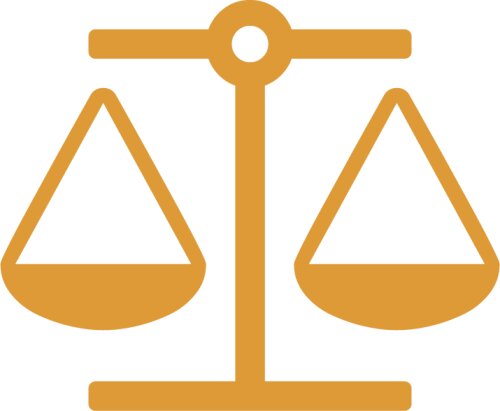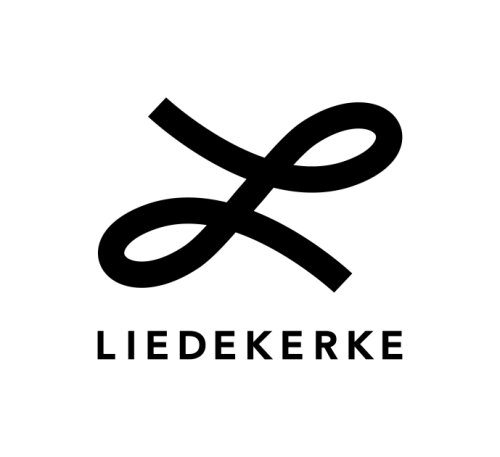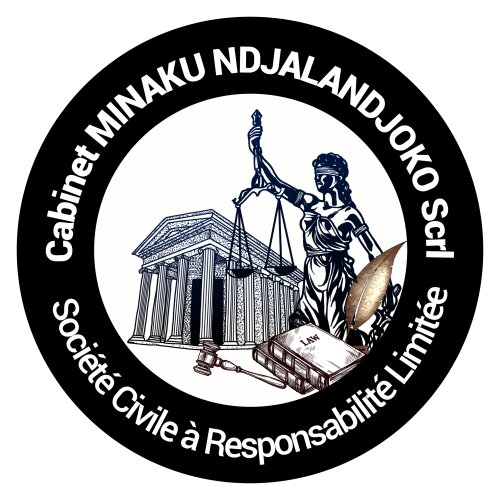Best Antitrust Lawyers in Kinshasa
Share your needs with us, get contacted by law firms.
Free. Takes 2 min.
List of the best lawyers in Kinshasa, DR Congo
About Antitrust Law in Kinshasa, DR Congo
Antitrust law in Kinshasa, DR Congo, aims to promote fair competition and protect consumers by preventing monopolistic practices and ensuring a level playing field for businesses. It is part of a broader legal and regulatory framework designed to address anti-competitive practices, including price-fixing, market allocation, and abuse of market dominance. As the commercial hub of DR Congo, Kinshasa sees a diverse range of business activities, making the enforcement of antitrust laws crucial to maintaining a competitive marketplace.
Why You May Need a Lawyer
There are several situations where you might require legal assistance with Antitrust issues:
- Your business is accused of engaging in anti-competitive behavior.
- You suspect a competitor or another business of unfair practices that harm your market position.
- You are involved in a merger or acquisition that may raise antitrust concerns.
- A consumer complaint alleges your company's practices restrict competition.
- You need to ensure compliance with local and international antitrust regulations.
Local Laws Overview
Kinshasa operates under the national legal framework of DR Congo, which incorporates various statutes pertinent to antitrust matters:
- Competition Law: Governs the prevention of unfair competition and regulates business practices to foster a healthy competitive environment.
- Consumer Protection Act: Includes provisions relevant to antitrust by protecting consumer interests and promoting fair business practices.
- Economic Courts: Specialized courts address business-related disputes, including antitrust cases, facilitating resolution and enforcement of applicable laws.
Frequently Asked Questions
What are the main objectives of antitrust laws in DR Congo?
The primary objectives are to promote economic efficiency, protect consumer interests, and ensure fair competition among businesses.
Can a small business be subject to antitrust investigations?
Yes, regardless of size, any business suspected of engaging in anti-competitive practices can be subject to investigation.
Is price fixing considered a violation of antitrust law?
Yes, price fixing is illegal as it disrupts free-market competition by controlling prices rather than letting them be set by supply and demand.
How do mergers and acquisitions relate to antitrust law?
Merger control ensures that mergers do not create monopolies or significantly reduce competition, requiring review and approval by regulatory bodies.
What actions can be considered abuse of dominant market position?
Examples include setting unfair prices, limiting production, or implementing discriminatory trade terms to weaken competitors.
Are there penalties for violating antitrust laws?
Yes, penalties can include fines, sanctions, or orders to cease certain business practices, in addition to potential damages for affected parties.
How can a company ensure compliance with antitrust laws?
Regular legal audits, employee training, and developing internal compliance programs are critical steps to maintain adherence to regulations.
Who oversees the enforcement of antitrust laws in DR Congo?
The Ministry of Commerce and other governmental agencies oversee the enforcement, with assistance from economic courts for legal disputes.
Can consumers file complaints on antitrust grounds?
Yes, consumers can file complaints if they believe business practices are limiting competition or affecting consumer interests negatively.
What role do economic courts play in antitrust law enforcement?
They adjudicate disputes related to unfair competition and ensure that penalties and legal remedies are appropriately applied.
Additional Resources
For those seeking more information on antitrust issues, the following resources may be helpful:
- Ministry of Commerce: Provides guidelines and regulations concerning competition and antitrust laws.
- Chamber of Commerce: Offers support and resources for businesses aiming to understand and comply with local laws.
- Consumer Protection Agency: Handles complaints and provides resources on consumer rights and business practices.
Next Steps
If you believe you need legal assistance in antitrust matters, consider the following steps:
- Consult with a specialized lawyer experienced in antitrust law to discuss your situation and possible legal strategies.
- Gather all relevant documentation and evidence that relates to your business practices or the complaint in question.
- Consider reaching out to local business associations for support and advice.
- File any necessary complaints or defenses with the appropriate legal or governmental bodies.
Understanding and navigating antitrust law requires professional guidance to protect your interests effectively and ensure compliance with local regulations.
Lawzana helps you find the best lawyers and law firms in Kinshasa through a curated and pre-screened list of qualified legal professionals. Our platform offers rankings and detailed profiles of attorneys and law firms, allowing you to compare based on practice areas, including Antitrust, experience, and client feedback.
Each profile includes a description of the firm's areas of practice, client reviews, team members and partners, year of establishment, spoken languages, office locations, contact information, social media presence, and any published articles or resources. Most firms on our platform speak English and are experienced in both local and international legal matters.
Get a quote from top-rated law firms in Kinshasa, DR Congo — quickly, securely, and without unnecessary hassle.
Disclaimer:
The information provided on this page is for general informational purposes only and does not constitute legal advice. While we strive to ensure the accuracy and relevance of the content, legal information may change over time, and interpretations of the law can vary. You should always consult with a qualified legal professional for advice specific to your situation.
We disclaim all liability for actions taken or not taken based on the content of this page. If you believe any information is incorrect or outdated, please contact us, and we will review and update it where appropriate.















